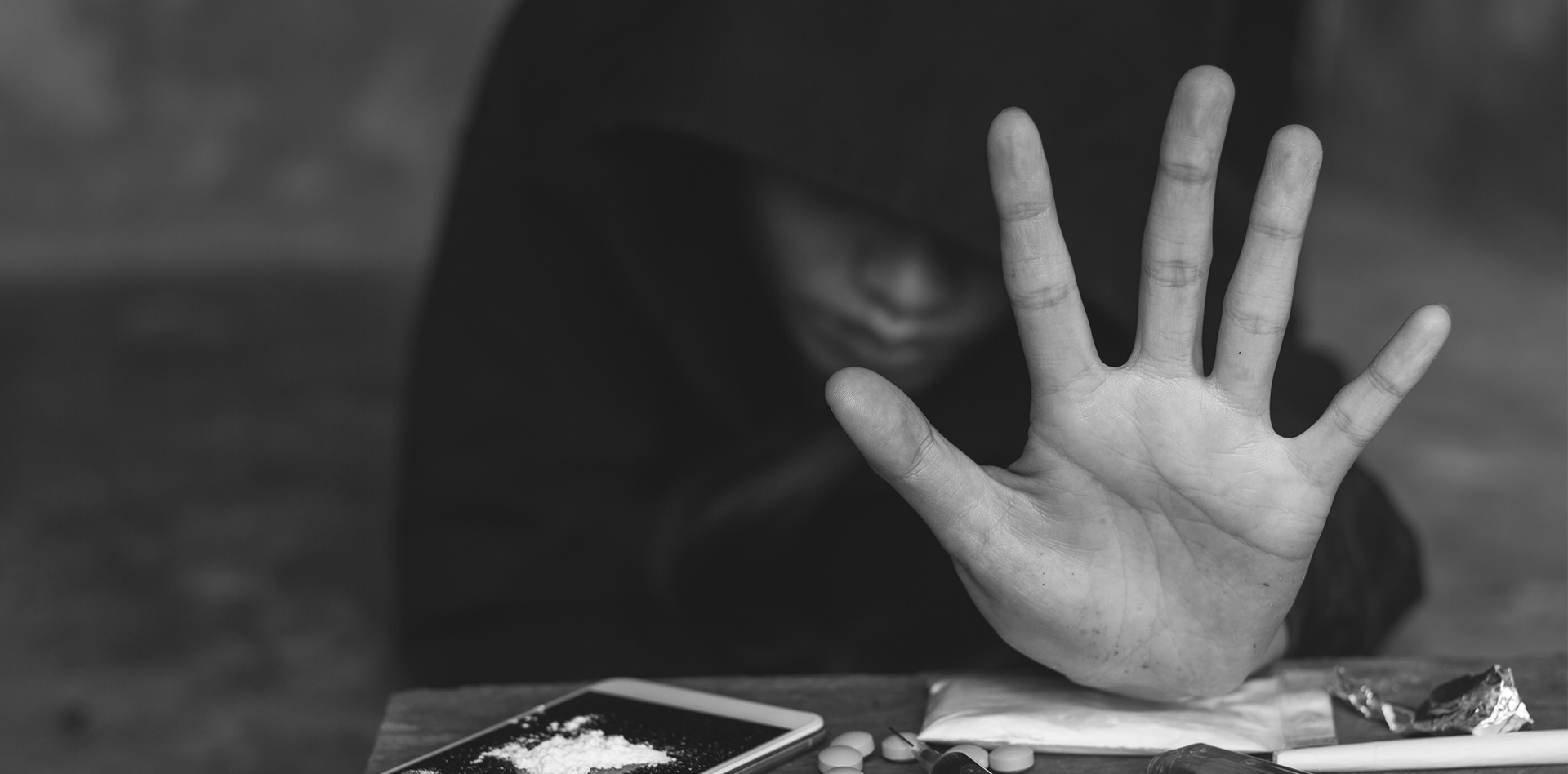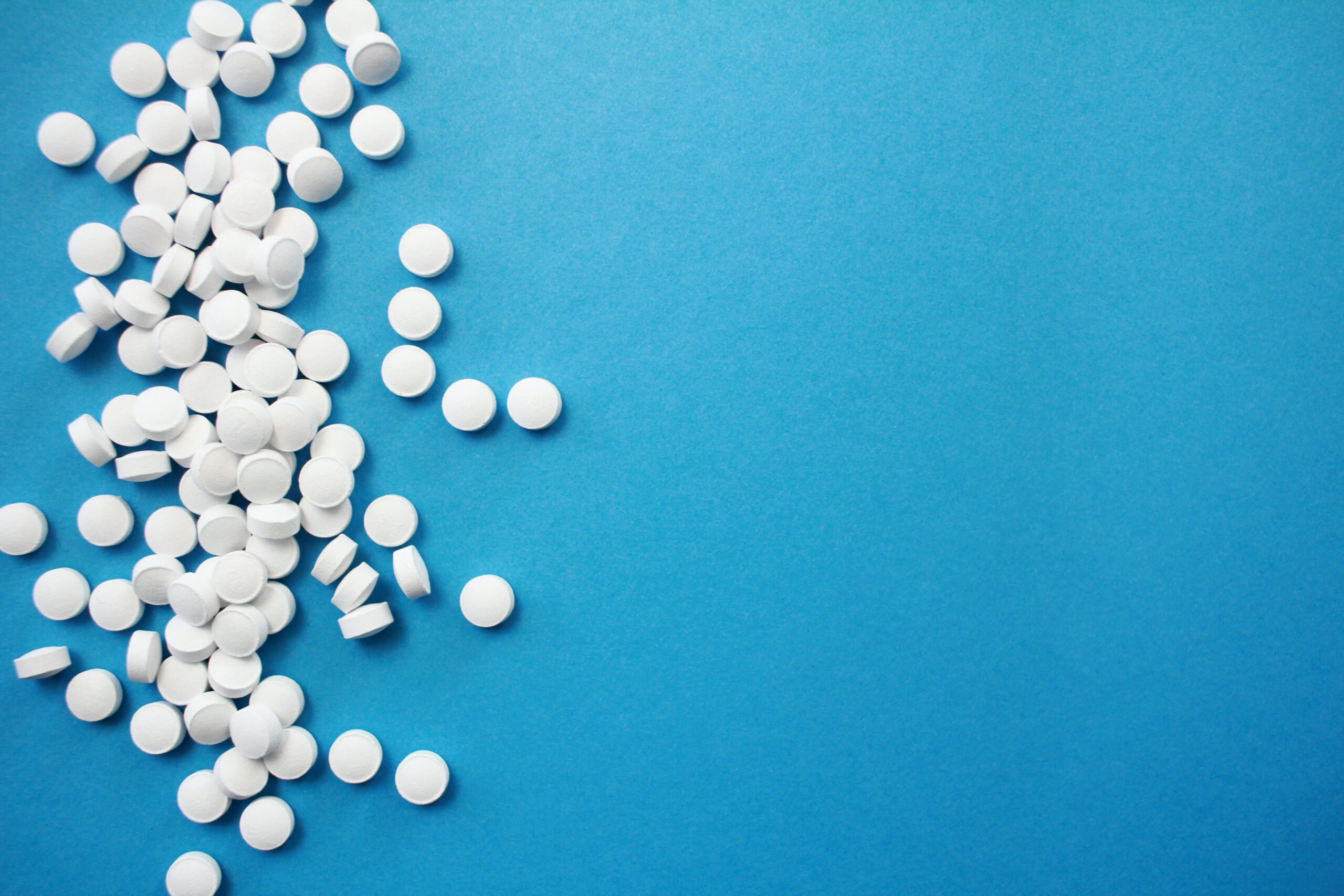
Home » Opioid Addiction » OxyContin Addiction: The Dangers of Oxycodone » How Long Does OxyContin Stay in Your System
How Long Does OxyContin Stay in Your System?
Oxycodone (OxyContin in generic form), is eliminated from the system in roughly 22 hours, but it may linger for longer depending on the type of test used.

Urine Test
Blood Test
Saliva Test
Hair Test
How Long Does Oxycodone Stay in Your System?
Oxycodone is a potent opioid painkiller that is extensively used in the management of chronic pain and post-surgical discomfort. Known for its efficacy and rapid onset, this drug swiftly gets to work. Most immediate-release formulations of oxycodone deliver relief within 10 to 30 minutes.
In addition to its immediate-release formulations, oxycodone is available in long-acting formulations, tailored to address chronic pain conditions. These extended-release variations typically take around an hour to initiate their therapeutic effects.
The half-life of oxycodone denotes the time required for half of the drug to be eliminated from the body. It takes approximately five elimination half-lives for a substance to be cleared from the system completely. In the case of oxycodone, its half-life is three hours, although this can vary based on individual factors such as genetics, age, weight, and overall health.
Various drug screenings are capable of detecting the presence of oxycodone, each with its own timeline for detection. The duration for which oxycodone remains detectable can differ depending on the specific type of screening used.
Do You Have an Addiction to Oxycodone?
Recognizing the signs of addiction to oxycodone is essential in seeking appropriate help and support. According to DSM-5-TR (Diagnostic and Statistical Manual of Mental Disorders), the following 11 symptoms are indicative of opioid use disorder (oxycodone addiction):
- Taking larger amounts of oxycodone than planned or using opioids for longer than intended.
- Making unsuccessful efforts to control or discontinue oxycodone use.
- Spending lots of of time obtaining and using opioids or recovering from the effects.
- Experiencing strong cravings for oxycodone.
- Continued use of oxycodone despite persistent social and interpersonal problems triggered by its effects.
- Giving up important activities due to opioid use.
- Failing to meet personal and professional obligations due to opioid use.
- Ongoing use of oxycodone in physically dangerous situations.
- Continued use of oxycodone even though it is causing or inflaming a physical or psychological condition.
- Developing tolerance to oxycodone, resulting in the need for larger doses to achieve the initial effects.
- Experiencing withdrawal symptoms or taking oxycodone to avoid or relieve withdrawal symptoms.
If you find that you or someone you know experiences a significant number of these symptoms, it may indicate an addiction to oxycodone. Seeking professional help and support from addiction specialists or treatment centers like Gratitude Lodge, can be a crucial step towards recovery and reclaiming a healthy, fulfilling life.
Get Help for Oxycodone Addiction at Gratitude Lodge
Whether you find yourself caught in the grips of oxycodone addiction through legitimate use or recreational abuse, Gratitude Lodge is ready to guide you toward a life beyond the clutches of this powerful opioid. Nestled in the serene landscapes of Southern California, our pet-friendly rehab centers are devoted to fostering holistic healing and helping individuals unchain themselves from addiction.
Our supervised medical detox program offers you the smoothest pathway to recovery, purging your system of oxycodone and other addictive substances. You can then seamlessly transition into one of our specialized treatment programs, tailored specifically for oxycodone addiction:
- 30-day inpatient program
- IOP (intensive outpatient program)
We recognize that addiction rarely exists in isolation, often intertwining with co-occurring mental health conditions. If you are grappling with an oxycodone addiction alongside a mental health disorder like anxiety or depression, our Southern California dual diagnosis treatment program is designed to offer integrated and comprehensive care.
Your journey towards recovery at Gratitude Lodge will be highly individualized and carefully curated to suit your unique needs. Our treatment plans draw upon a diverse range of evidence-based interventions, including:
- MAT (medication-assisted treatment)
- Psychotherapy, encompassing various talk therapies such as CBT (cognitive-behavioral therapy) or DBT (dialectical behavior therapy).
- Group counseling
- Individual counseling
- Family therapy
- Holistic therapy
Contact admissions today at 800-994-2184 and move beyond oxycodone addiction.
Don’t Let Drug Addiction Hold You Back
Recover from Drug Addiction with Gratitude Lodge
DRUG ADDICTIONS WE TREAT
Our Partners
WE ACCEPT MOST PPO INSURANCE
Drug and alcohol detox should be accessible to everyone. At Gratitude Lodge,
we work with most insurance plans to cover the costs of treatment.
RELATED ARTICLES - DRUG ADDICTION
Drug Addiction FAQs
Yes, drug addiction is recognized as a chronic disease by many medical and scientific organizations due to its effects on the brain and behavior. Drug addiction is characterized by compulsive drug seeking and use despite harmful consequences.
Drug addiction is a chronic and complex brain disorder which can lead to significant physical, emotional, and social problems. It is often accompanied by changes in the brain’s chemistry and structure that can persist even after drug use stops.
A drug addict is a person who has developed a chronic and compulsive pattern of drug seeking and use despite the negative consequences it has on their health, relationships, and other areas of life. This behavior is often fueled by changes in the brain that occur with drug use, which can make it difficult for individuals to control their use of drugs or stop using them altogether once addiction develops.
Common signs of a drug addict include tolerance, withdrawal symptoms, inability to control use, and neglecting personal and professional commitments. Drug addiction is also associated with physical signs like poor personal hygiene standards and changes in appearance.
Data from NSDUH 2021 shows that heroin is the most addictive drug. Of 1.1 million U.S. adults who reported using heroin in 2021, over 1 million developed a diagnosable heroin addictive in the same year. The second most addictive drug according to the same data is meth. Of the 2.5 million U.S. adults who reported using meth in 2021, 1.5 million developed a meth addiction in the same year.
If you are concerned that your loved one may be struggling with addiction, there are several signs and symptoms that you can look for:
- Changes in behavior: Have you noticed significant changes in your loved one’s behavior, such as increased secrecy, withdrawal from friends and family, or mood swings?
- Physical symptoms: Have you noticed any physical symptoms, such as changes in appetite, sleep patterns, or weight?
- Neglecting responsibilities: Have you noticed that your loved one has started to neglect their responsibilities at work, school, or home because of their drug or alcohol use?
- Financial difficulties: Has your loved one started to experience financial problems because of their drug or alcohol use?
- Legal problems: Has your loved one experienced any legal problems like arrests, fines, or incarceration, because of their drug or alcohol use?
- Social isolation: Has your loved one started to withdraw from friends and family, or avoid social situations, because of their drug or alcohol use?
- Continued use despite negative consequences: Has your loved one continued to use drugs or alcohol even when they’ve experienced negative consequences, such as legal problems, financial difficulties, or health issues?
It can be challenging to determine whether you are struggling with addiction on your own. I, If you are concerned that you may have a problem with drugs or alcohol, though, there are several signs and symptoms that you can watch out for:
- Cravings: Do you experience strong urges to use drugs or alcohol, even when you try to resist them?
- Tolerance: Do you need to use more drugs or alcohol to achieve the same effects that you used to experience with smaller amounts?
- Withdrawal symptoms: Do you experience physical or emotional symptoms when you try to stop using drugs or alcohol – nausea, sweating, tremors, anxiety, or depression, for example?
- Loss of control: Do you find yourself using drugs or alcohol more often than you intended, or in larger amounts than you planned?
- Neglecting responsibilities: Have you started to neglect your responsibilities at work, school, or home because of your drug or alcohol use?
- Social isolation: Have you started to withdraw from friends and family, or avoid social situations, because of your drug or alcohol use?
- Continued use despite negative consequences: Have you continued to use drugs or alcohol even when you’ve experienced negative consequences, such as legal problems, financial difficulties, or health issues?

If you are struggling with a drug addiction and need help, do not waste any more time. Reach out right now to the drug treatment center at Gratitude Lodge for the help that you desperately need and deserve.

















